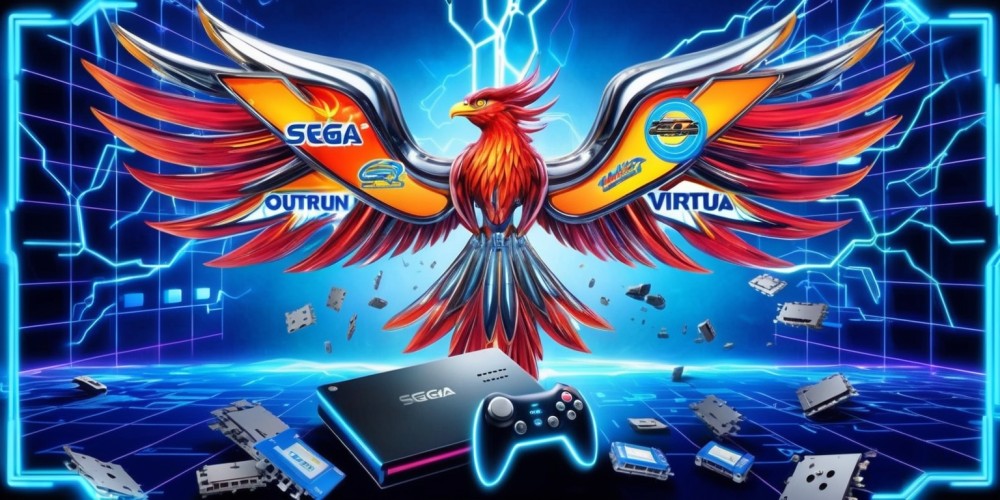Reviving the Spirit of Sega: A Bold Comeback to Classic Franchises and Gaming Identity
Dec-18-2024

The landscape of gaming has always been filled with spirited debates about preferences between platforms. Contemporary arguments over PlayStation and Xbox pale in comparison to the fierce competition that existed between Nintendo and Sega in the early 90s. During that vibrant era, these corporations themselves took an active part in the console rivalry, with Sega leading the charge through various provocative tactics. However, a series of puzzling choices resulted in their exit from console production in the early 2000s. Recently, though, they have made a comeback, releasing numerous successful titles while Sonic has reclaimed his status as a beloved mascot.
With this resurgence, there's a renewed sense of confidence. The company is setting the stage for the revival of classic franchises such as Sonic Adventure, along with other iconic titles, Shinobi. Recently, it was disclosed that Virtua Fighter 6 is in development, alongside an ambitious project known as Project Century.
In a comprehensive discussion with a gaming outlet, the head of Sega expresses a desire for the company to reconnect with its foundations. He elaborates on the revival of cherished franchises, stating that initial announcements at a major awards show were focused on revitalizing iconic series such as Sonic, Yakuza, and Persona, showcasing their potential strength. The aim is to reestablish Sega's identity, as it possesses a wealth of valuable intellectual properties that have aged gracefully and could capture audience interest once more.
There is also an element of playful rivalry, with the Sega leader likening Nintendo to mainstream pop music while positioning Sega as the embodiment of rock & roll. He articulates that Sega pioneered a more rebellious spirit within the gaming industry.
Reflecting on Sega’s legacy, he believes that the brand has always exuded a unique style and attitude, appealing to gamers seeking something different from Nintendo's offerings. He emphasizes the cultural richness of Sega's content and the intention to rejuvenate it with a contemporary flair.
By highlighting his ambitions, he conveys a clear message with the recent announcements, indicating that Sega aims to make a notable comeback.
As a result, enthusiasts can look forward to thrilling developments for Sega. The outlook suggests that the company may rediscover its essence from the vibrant 80s and 90s, an era cherished by many fans. This revelation brings an exhilarating promise for the future of Sega and its audience.







